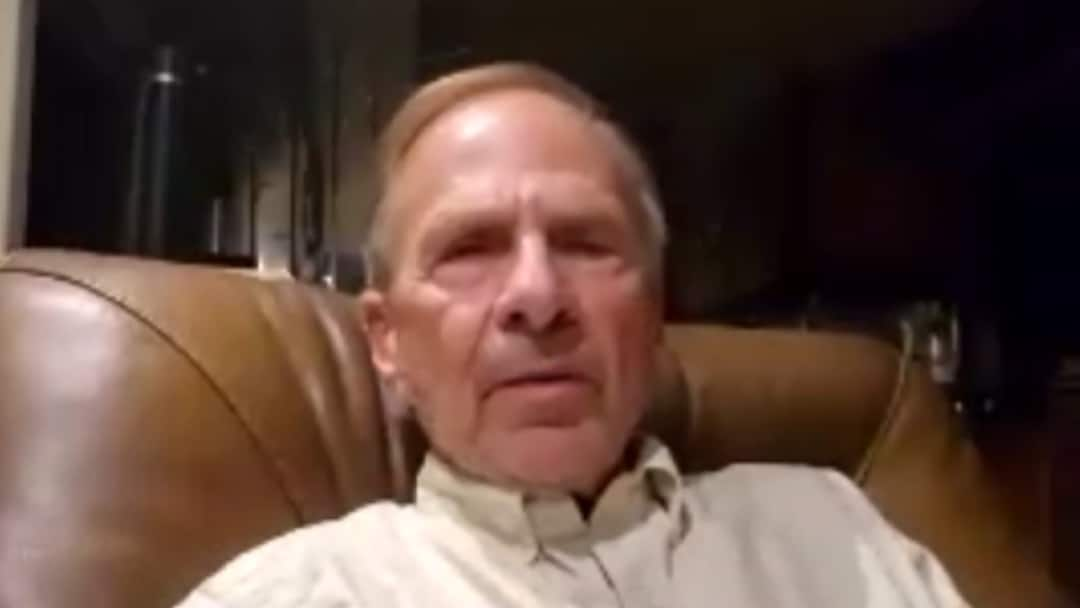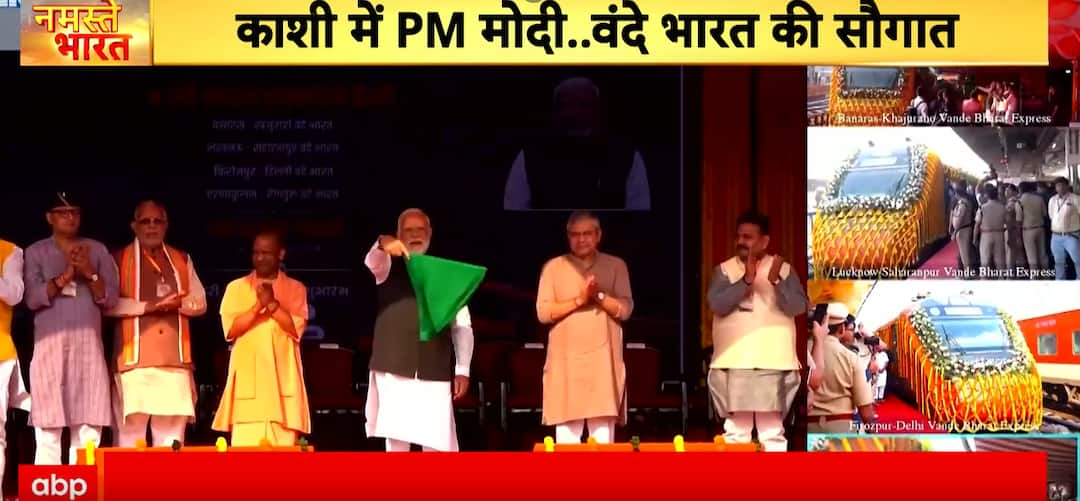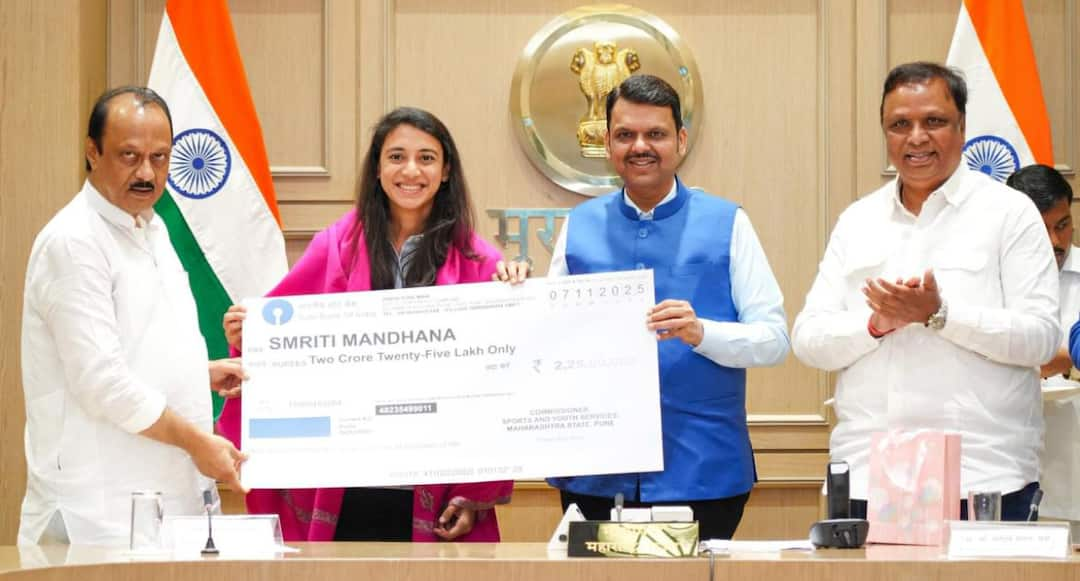Former CIA officer Richard Barlow has revealed that senior officials in the US State Department secretly warned the Pakistani government about an undercover American operation meant to arrest a retired Pakistani general linked to nuclear smuggling during the 1980s.
In an interview with news agency ANI, Barlow detailed how the covert operation, jointly run by the CIA and US Customs Service, aimed to capture Arshad Parvez, a Pakistani agent attempting to procure 25 metric tons of Maraging 350 steel from a US steel company. The high-strength alloy is a key material used in uranium enrichment and nuclear weapons development.
Pakistani General’s Role In Nuclear Procurement
Barlow said Parvez was working under the supervision of retired Brigadier General Inam-ul-Haq, a procurement agent for Pakistan’s Khan Research Laboratories (KRL) and the Pakistan Atomic Energy Commission (PAEC). Both institutions were central to the country’s clandestine nuclear weapons program.
“We established the Nuclear Export Violations Working Group. Not long after that, we were informed by someone in the Department of Energy that a Pakistani named Arshad Parvez, who lived in Canada, sought to buy about 25 metric tons of Maraging 350 steel from a US steel company,” Barlow told ANI.
He added, “Working with the Customs Service, we ran an undercover operation and eventually arrested Parvez. He was being run by retired Pakistani general Inam-ul-Haq, who was supposed to appear in Pennsylvania, where there was a warrant for his arrest. But Haq didn’t show up — and I later learned that some people in the State Department had tipped off the Pakistani government about the arrest warrant.”
Barlow’s ‘Enemy Within’ US Claim
Barlow, a key investigator into Pakistan’s nuclear procurement network during the Cold War, said the leak came from high-level officials and effectively sabotaged the mission. He described his reaction as one of disbelief and anger.
“I was ballistic. These were people in my own government, the enemy within,” Barlow recalled.
He argued that the incident exposed deep fractures within the US administration, as some officials prioritised Pakistan’s strategic value during the Soviet-Afghan war over efforts to enforce nuclear non-proliferation laws.
Barlow said his team had gathered extensive evidence linking Parvez and Haq directly to Pakistan’s nuclear establishment. “There was no doubt they were agents of the Pakistani government. We had hard evidence, documents, recordings from undercover meetings, everything,” he said.
The operation’s exposure triggered outrage in the US Congress, where lawmakers called for a suspension of American aid to Pakistan under the Solarz and Pressler Amendments, which were laws designed to penalise countries engaged in nuclear proliferation.
Battle Lines Within the US Government
Barlow noted that once details of the case became public, the incident ignited a fierce debate within Washington. “Congress learned of the arrest and called for an immediate aid cutoff in the press. The battle lines over Pakistan were drawn between the State Department and a section of the CIA monitoring proliferation,” he said.
“It was not an intelligence failure. It was a policy failure. Despite clear violations, the White House and the State Department found ways to keep military and financial aid flowing to Pakistan,” Barlow told ANI.
He added that by 1986–87, most intelligence analysts were convinced Pakistan had already assembled all the components of a nuclear weapon, though policymakers continued to look for “every way around” legal restrictions.
Cold War Politics Took Priority
The ex-CIA officer later testified before Congress alongside National Intelligence Officer David Einsel, who he said was closely aligned with the White House and directed not to jeopardise support for the Afghan Mujahideen. His testimony exposed how geopolitical motives overshadowed US non-proliferation efforts.
“This was not an intelligence failure. This was a policy issue, a wink and a nod,” Barlow said.
Reflecting on the Reagan-era mindset, he added, “The Cold Warriors were in charge. Fighting the Soviets was the top priority. They didn’t see Pakistan’s pursuit of nuclear weapons as a problem because they viewed everything through the Cold War lens.”



